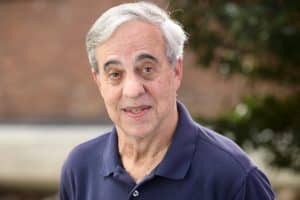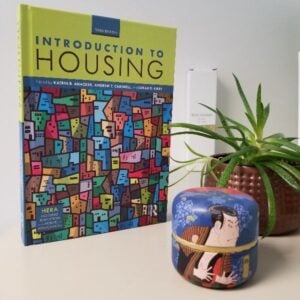This year, Rashad Williams (University of Minnesota Twin Cities) was selected as the recipient of the 2022 Alma H. Young Emerging Scholar Award. The award is given to a promising Ph.D. candidate or early career researcher whose work demonstrates a commitment to rigorous and impactful research and service.
Award Committee Assessment:

“The Alma H. Young Emerging Scholar Award Committee is pleased to announce Rashad Williams, from the University of Minnesota Twin Cities, as the recipient of the 2022 Alma H. Young Emerging Scholar Award. Mr. Williams’ dissertation, “Twin Cities, Split Politics: Reparations and the Politics of Recognition and Redistribution,” uses a comparative case study approach to examine two cities that are at the center of the international protest movement following the murder of George Floyd but have ended up at opposite ends of the spectrum in terms of approaches to racial justice. Although Minneapolis and St. Paul are similar in terms of political culture, demographics, and economic trends, Minneapolis has embraced a politics of recognition and created a Truth and Reconciliation Commission, while St. Paul, emphasizing a politics of redistribution, has created a Reparations Legislative Advisory Committee. Mr. Williams asks “why?” To answer his question, he uses in-depth, semi-structured interviews with public officials who created the commissions, appointees of each commission, and community organizers; ethnographic observation of commission meetings; and archival research of meeting minutes, resolutions, and statements relevant to racial justice and the work of both commissions. By focusing his work on reparative justice, truth, and reconciliation, Mr. Williams demonstrates a strong commitment to community engagement and social justice. Mr. Williams is also one of four scholars co-leading a study on the history of slavery and racial exclusion in Burlington, Vermont for the city’s Reparations Task Force.”
Award Committee:
Nina David (University of Delaware), Mark Davidson (Clark University); Kirk Harris (University of Wisconsin-Milwaukee); Xiaoye She (California State University San Marcos); Anita Zuberi (Duquesne University)
Award Winner:
Rashad Williams is a Ph.D. candidate studying black political thought and urban planning at the University of Minnesota’s Humphrey School of Public Affairs. His research and teaching explore housing policy, community and economic development, the moral bases for corrective racial justice at the municipal scale, and the range of policies that might constitute reparation in the planning context. Attending to both normative and empirical questions, Rashad is particularly interested in theoretically and pragmatically systematizing what he has dubbed the emergent tradition of “reparative planning” or “reparative urbanism.” His articles are the first to appear on the subject of reparations within the field of urban planning. Rashad’s dissertation, Twin Cities, Split Politics, advances his previous work by examining how Minneapolis and St. Paul came to incorporate differing notions of corrective justice into their community and economic development efforts following the George Floyd mass protest movement of 2020.





